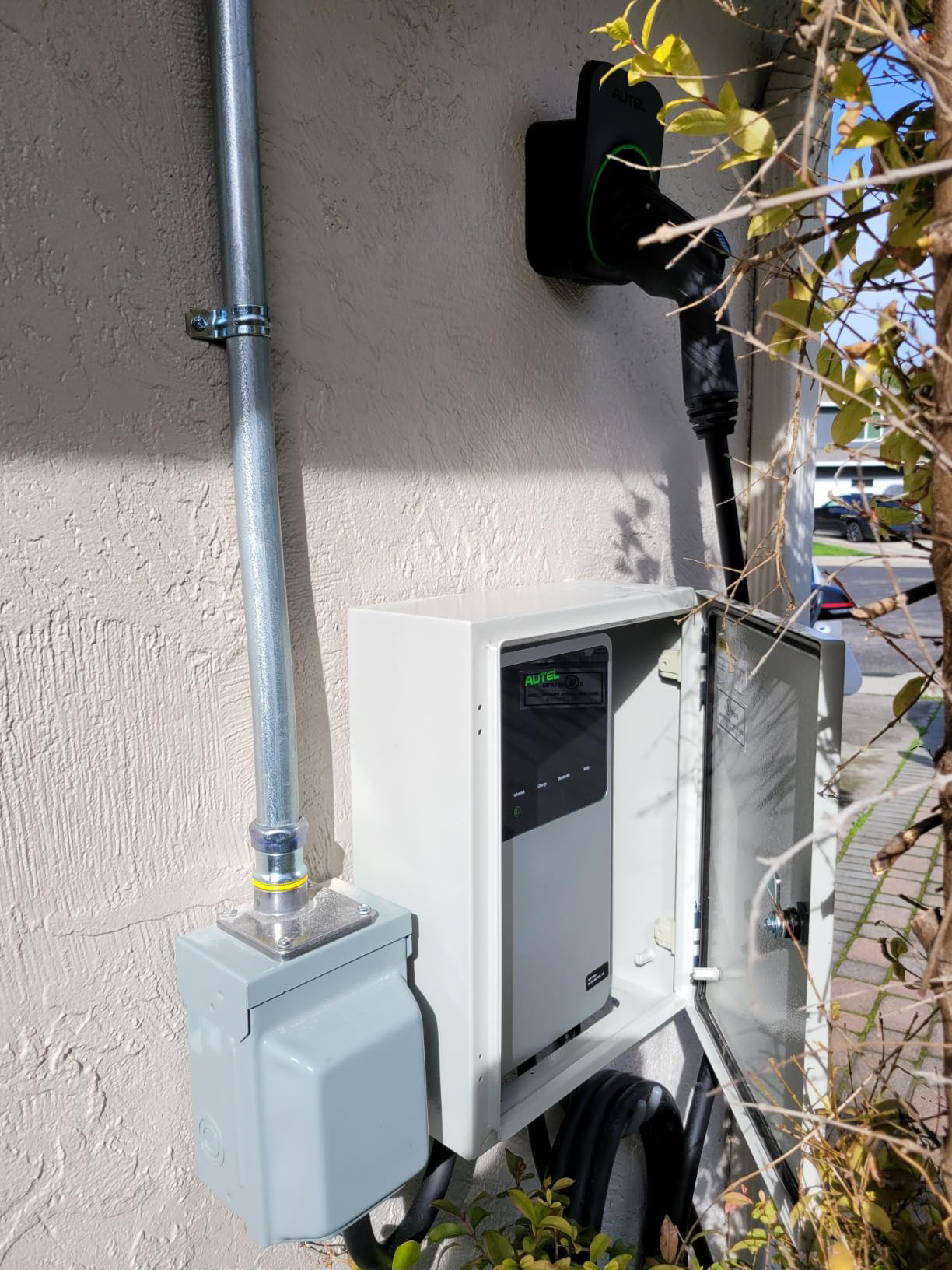Can Your Electrical Equipment Survive a Sandstorm? Why IP67 Metal Enclosures Are the Answer

**The Advantages of IP67-Rated Metal Enclosures for Electrical Equipment in Sandy and Dusty Environments**
### **Introduction**
In harsh, wind-swept regions where sand and dust pose significant challenges to electrical infrastructure, **IP67-rated metal enclosures**
provide a robust solution. These enclosures ensure reliable performance, extended equipment lifespan, and reduced maintenance needs
—even in the most demanding conditions.
### **1. Understanding IP67 Protection**
The **IP67 (Ingress Protection) rating** signifies two key features:
- **Dust-tight (6):** Complete protection against fine particulate matter.
- **Waterproof (7):** Resistance to temporary immersion (up to 1 meter for 30 minutes).
This makes IP67 enclosures ideal for **deserts, construction sites, mining operations, and coastal areas** where abrasive sand, dust storms,
and moisture are constant threats.
### **2. Key Advantages in Sandy & Dusty Environments**
#### **A. Superior Dust and Sand Resistance**
- **Prevents Internal Contamination:** Fine sand particles can clog circuits, corrode contacts, and degrade insulation. IP67 metal enclosures
block all dust ingress, ensuring uninterrupted operation.
- **Reduces Abrasive Wear:** Unlike plastic housings, metal enclosures resist sandblasting effects, maintaining structural integrity over time.
#### **B. Enhanced Durability Against Extreme Weather**
- **Withstands High Winds & Flying Debris:** Reinforced metal construction prevents deformation from impact.
- **Corrosion-Resistant Coatings:** Powder-coated or stainless-steel options resist salt and sand-induced corrosion.
#### **C. Thermal Management in Hot, Sandy Climates**
- **Heat Dissipation:** Metal enclosures naturally conduct heat away from sensitive components, preventing overheating in high-temperature environments.
- **UV Resistance:** Unlike plastic, metal does not degrade under prolonged sun exposure.
#### **D. Water and Humidity Protection**
- **Resists Sudden Rain or Condensation:** Even in arid regions, occasional moisture (e.g., dew, flash floods) can damage electronics. IP67 sealing prevents internal water damage.
### **3. Applications in Wind-Swept Regions**
- **Solar Power Plants** (e.g., desert solar farms)
- **Oil & Gas Installations** (e.g., drilling rigs in sandy terrain)
- **Telecommunication Towers** (e.g., remote base stations)
- **Military & Defense Equipment** (e.g., desert operations)
### **4. Comparison: Metal vs. Plastic Enclosures**
| Feature | IP67 Metal Enclosure | IP67 Plastic Enclosure |
| Sand Abrasion Resistance | Excellent | Moderate |
| Structural Strength | High (impact-resistant) | Lower (may crack) |
| Heat Dissipation | Efficient | Poor (insulative) |
| Longevity in UV/Sun | High | Prone to degradation |
### **5. Future Trends: Smart & Modular Designs**
- **Integrated Air Filters:** For active ventilation without dust ingress.
- **IoT-Enabled Monitoring:** Sensors to track internal conditions (temperature, humidity).
### **Conclusion**
In wind-swept, sandy environments, **IP67-rated metal enclosures** offer unmatched protection for electrical equipment.
Their combination of **dustproof sealing, rugged durability, and thermal stability** makes them the preferred choice for industries operating in extreme conditions.
Investing in high-quality metal enclosures translates to **fewer failures, lower maintenance costs, and higher system reliability**—critical factors for success in challenging climates.










